The Revolution of 1820:
The chief European powers who made a territorial settlement at Vienna were determined that they must keep Europe at peace. Two international organizations were ready to do this- the Holy Alliance and the Quadruple Alliance. The Holy Alliance met with failure. But the same could not be said of the Quadruple Alliance signed on November 20, 1815, by the four great powers- Austria, Russia, Prussia, England. But the Quadruple Alliance was an opportunistic alliance of Great Powers. ‘After 1820 the Congress System became in effect a trade-union of Kings for suppressing the liberties of peoples’.
In Spain, there was opposition to King Ferdinand VII, who on his restoration in 1814, had abolished the constitution of 1812 and brought back the old absolutism. A mutiny occurred in the army and rioting broke out in various parts of Spain. The King, out of fear, restored the constitution of 1812. Subsequently, however, with the help of French armies, Ferdinand VII, suppressed the rebellion and annulled his promises. Events in Spain likewise helped to put an end to a simultaneous liberal revolt in Portugal.
Revolt in the Spanish Colonies of Latin America:
Influenced by the spirit of nationalism released by the French Revolution and encouraged by the success of the American colonists in their struggle against England, the Spanish colonies of Latin America revolted against the mother country. In 1811, Venezuela declared independence. Though Spain succeeded in quelling the revolt in the colonies by 1816, the revolution revived with double force. The revolution assumed a new direction under the direction of Simon Bolivar, who vowed to free his country from Spanish rule. In May 1819, after crossing the Andes he defeated the main Spanish army at Boyaca (August 7). A proclamation of the union of New Granada and Venezuela in the Republic of Colombia followed. Bolivar became the first President of the Republic Equador was liberated in 1822. Meanwhile, Peru still remained to be freed. Bolivar defeated the Spanish Army in August 1824 and on December 9, the last Spanish Viceroy laid down his arms. Peru was declared independent. The last to be freed was upper Peru and this was accomplished in 1825. In August 1825, the republic of Bolivia was born. In compliment to Bolivar, it took his name. “Liberator of Colombia, dictator of Peru, President of Bolivia, Bolivar, at the end of 1825, had reached the height of his power and fame. He was dreaming now of a Spanish American League of Nations, its seat at Panama”.
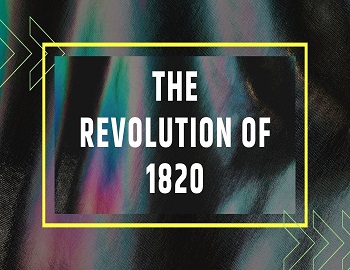
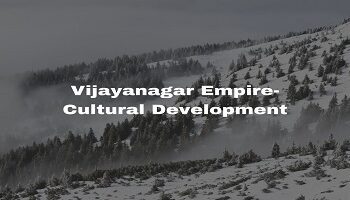
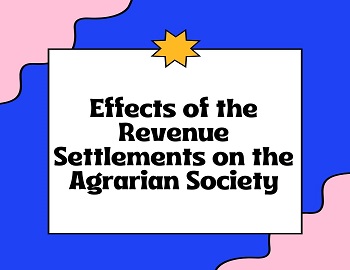
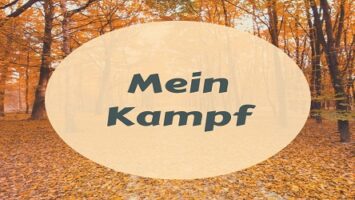
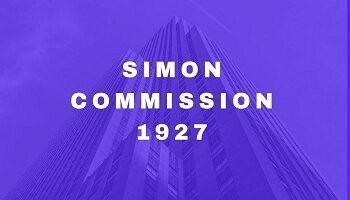
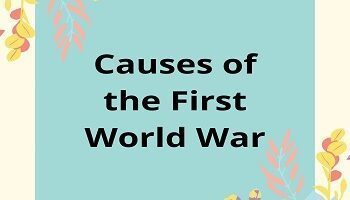
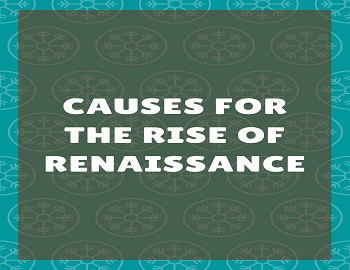
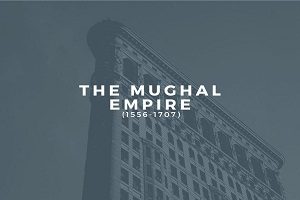
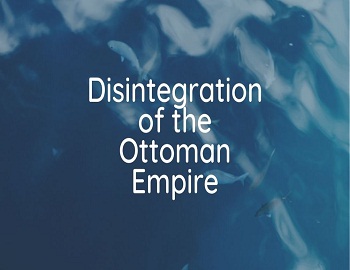
Comments (No)